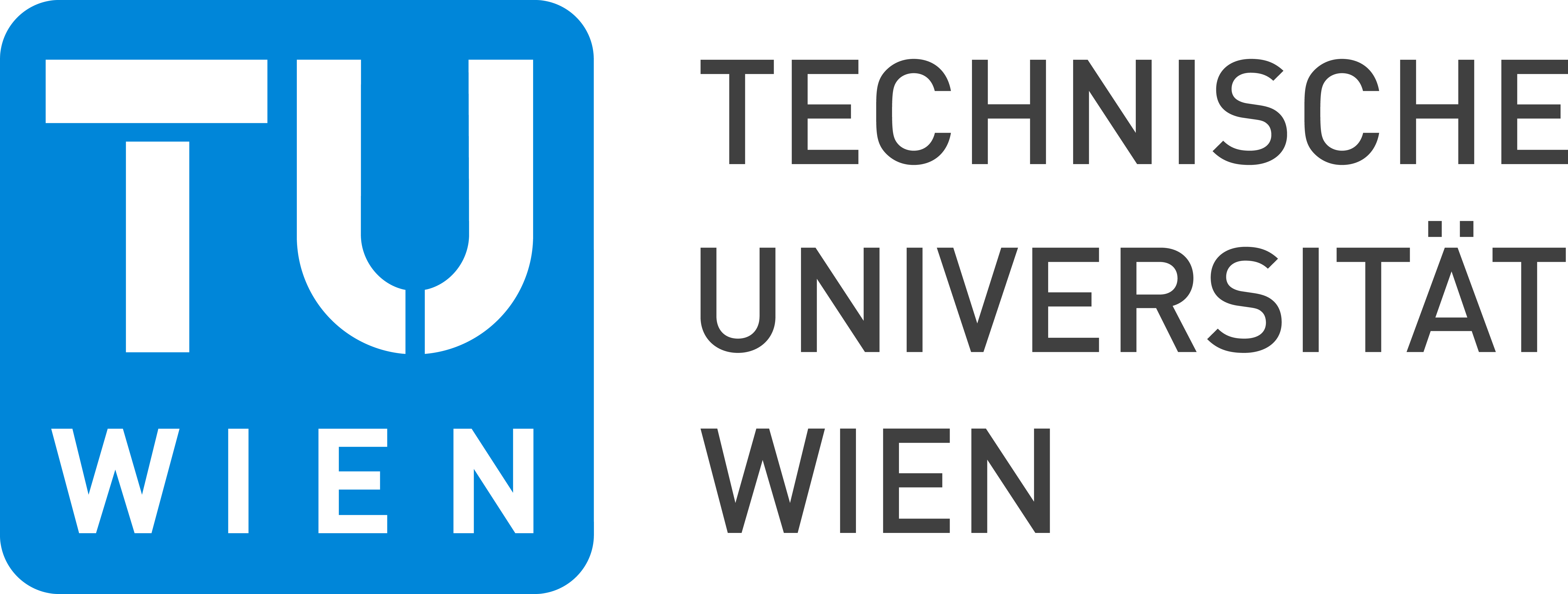First Papers Accepted
Three papers have been recently accepted for publication in ACM CCS 2019, ASIACRYPT 2019 and IMACC 2019. More information can be found here and the abstracts can be found below.
Christoph Egger, Pedro Moreno-Sanchez, Matteo Maffei: Atomic Multi-Channel Updates with Constant Collateral in Bitcoin-Compatible Payment-Channel Networks. 26th ACM Conference on Computer and Communications Security - ACM CCS 2019, 11-15 November 2019, London, UK.
Abstract: Current cryptocurrencies provide a heavily limited transaction throughput that is clearly insufficient to cater their growing adoption. Payment-channel networks (PCNs) have emerged as an interesting solution to the scalability issue and are currently deployed by popular cryptocurrencies such as Bitcoin and Ethereum. While PCNs do increase the transaction throughput by processing payments off-chain and using the blockchain only as a dispute arbitrator, they unfortunately require high collateral (i.e., they lock coins for a non-constant time along the payment path) and are restricted to payments in a path from sender to receiver. These issues have severe consequences in practice. The high collateral enables denial-of-service attacks that hamper the throughput and utility of the PCN. Moreover, the limited functionality hinders the applicability of current PCNs in many important application scenarios. Unfortunately, current proposals do not solve either of these issues, or they require Turing-complete language support, which severely limit their applicability.
In this work, we present AMCU, the first protocol for atomic multi-channel updates and reduced collateral that is compatible with Bitcoin (and other cryptocurrencies with reduced scripting capabilities). We provide a formal model in the Universal Composability framework and show that AMCU realizes it, thus demonstrating that AMCU achieves atomicity and value privacy. Moreover, the reduced collateral mitigates the consequences of griefing attacks in PCNs while the (multi-payment) atomicity achieved by AMCU opens the door to new applications such as credit rebalancing and crowdfunding that are not possible otherwise. Moreover, our evaluation results demonstrate that AMCU has a performance in line with that of the Lightning Network (the most widely deployed PCN) and thus is ready to be deployed in practice.
Mojtaba Khalili, Daniel Slamanig, Mohammad Dakhilalian: Structure-Preserving Signatures on Equivalence Classes From Standard Assumptions. 25th Annual International Conference on the Theory and Application of Cryptology and Information Security - ASIACRYPT 2019, December 8-12 2019, Kobe, Japan.
Abstract: Structure-preserving signatures on equivalence classes (SPS-EQ) introduced at ASIACRYPT 2014 are a variant of SPS where a message is considered as a projective equivalence class, and a new representative of the same class can be obtained by multiplying a vector by a scalar. Given a message and corresponding signature, anyone can produce an updated and randomized signature on an arbitrary representative from the same equivalence class. SPS-EQ have proven to be a very versatile building block for many cryptographic applications.
In this paper, we present the first EUF-CMA secure SPS-EQ scheme under standard assumptions. So far only constructions in the generic group model are known. One recent candidate under standard assumptions are the weakly secure equivalence class signatures by Fuchsbauer and Gay (PKC'18), a variant of SPS-EQ satisfying only a weaker unforgeability and adaption notion. Fuchsbauer and Gay show that this weaker unforgeability notion is sufficient for many known applications of SPS-EQ. Unfortunately, the weaker adaption notion is only proper for a semi-honest (passive) model and as we show in this paper, makes their scheme unusable in the current models for almost all of their advertised applications of SPS-EQ from the literature.
We then present a new EUF-CMA secure SPS-EQ scheme with a tight security reduction under the SXDH assumption providing the notion of perfect adaption (under malicious keys). To achieve the strongest notion of perfect adaption under malicious keys, we require a common reference string (CRS), which seems inherent for constructions under standard assumptions. However, for most known applications of SPS-EQ we do not require a trusted CRS (as the CRS can be generated by the signer during key generation). Technically, our construction is inspired by a recent work of Gay et al. (EUROCRYPT'18), who construct a tightly secure message authentication code and translate it to an SPS scheme adapting techniques due to Bellare and Goldwasser (CRYPTO'89).
Behzad Abdolmaleki, Hamidreza Khoshakhlagh, Daniel Slamanig: A Framework for UC-Secure Commitments from Publicly Computable Smooth Projective Hashing. 17th IMA International Conference on Cryptography and Coding - IMACC 2019, 16-18 December 2019, Oxford, UK.
Abstract: Hash proof systems or smooth projective hash functions (SPHFs) have been proposed by Cramer and Shoup (Eurocrypt'02) and can be seen as special type of zero-knowledge proof system for a language. While initially used to build efficient chosen-ciphertext secure public-key encryption, they found numerous applications in several other contexts. In this paper, we revisit the notion of SPHFs and introduce a new feature (a third mode of hashing) that allows to compute the hash value of an SPHF without having access to neither the witness nor the hashing key, but some additional auxiliary information. We call this new type publicly computable SPHFs (PC-SPHFs) and present a formal framework along with concrete instantiations from a large class of SPHFs. We then show that this new tool generically leads to commitment schemes that are secure against adaptive adversaries, assuming erasures in the Universal Composability (UC) framework, yielding the first UC secure commitments build from a single SPHF instance. Instantiating our PC-SPHF with an SPHF for labeled Cramer-Shoup encryption gives the currently most efficient non-interactive UC-secure commitment. Finally, we also discuss additional applications to information retrieval based on anonymous credentials being UC secure against adaptive adversaries.



